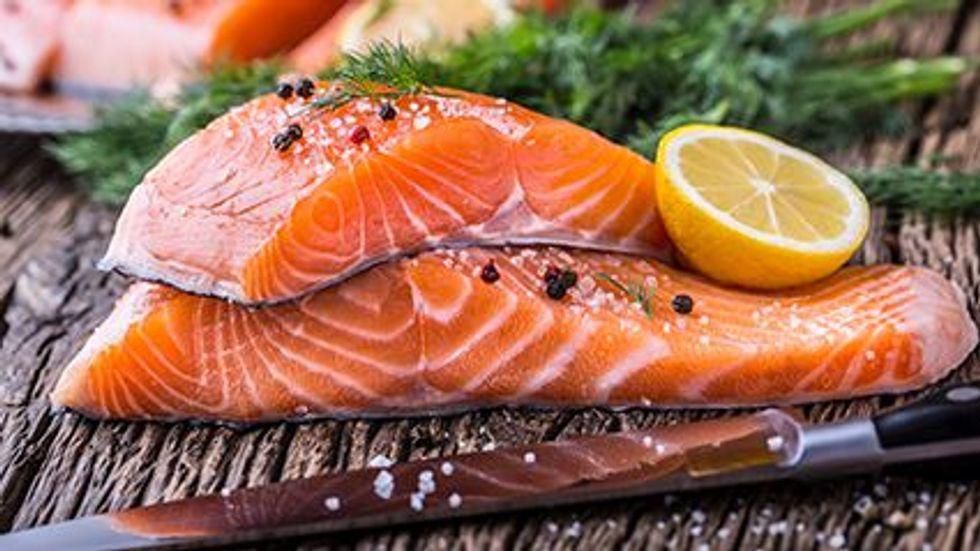
One death has been reported in a listeria outbreak that appears to be linked to precooked chicken served in health care facilities, the U.S. Centers for Disease Control and Prevention says. Three people in Texas and Delaware became sick after they ate foods at a long-term care home or hospital, and interviews and lab tests… read on > read on >






























